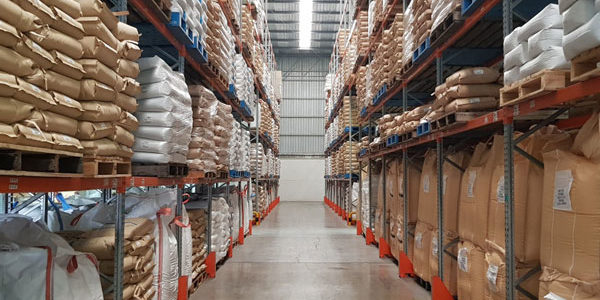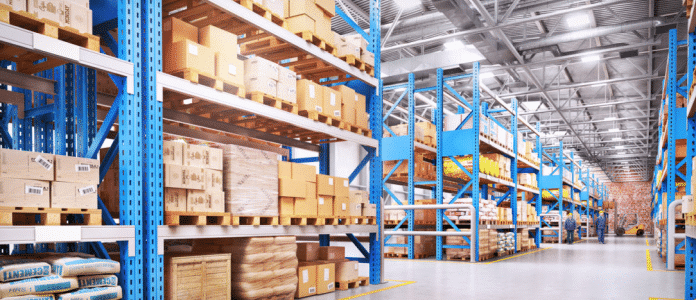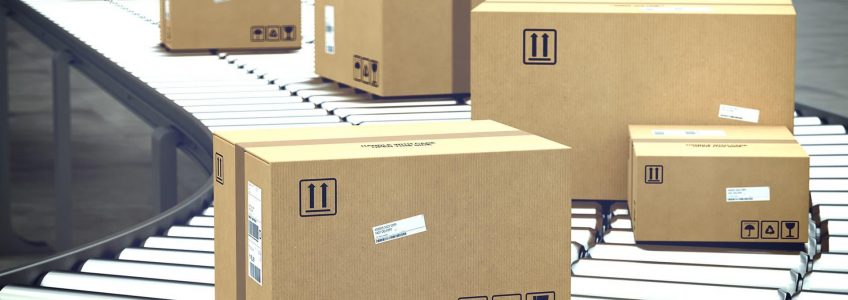Top 3PL Warehouse KPIs
Monitoring key performance indicators (KPIs) is an important part of your operations when tracking and managing your 3PL performance. When eCommerce companies continue to grow, fulfilling orders in-house no longer makes sense. For that reason, outsourcing the work to third-party logistics providers (3PLs) allows for a more efficient and more streamlined process. By outsourcing, these …Read More
Best Value-Added Services Third-Party Logistics Warehouses Can Offer
Warehousing and order fulfillment require a lot of the time, effort, and money. Therefore, many shippers are choosing to outsource their key functions to third-party partners who offer logistics value-added services. Third-party logistics providers (3PLs) will optimize your supply chain and give you a competitive advantage. A strong partner can help you overcome supply chain …Read More
What is Cross Docking in Warehouse Logistics?
Logistics is that part of supply chain management that plans, implements and controls the efficient, effective flow and storage of goods, services and related information from the point of origin to the point of consumption in order to meet customers’ requirements. It is about getting the right product, to the right customer, in the right …Read More
The Critical Role of Communication in 3PL
Any logistics network includes vendors, warehouses, distribution centers, service operations, transportation routes and hubs, carriers, freight forwarders, importers, exporters, and more. The idea of optimizing and managing all of this can feel overwhelming.
The relationship between a company and their 3PL provider should be about the value being provided and the results gained by outsourcing the …Read More
Understanding E-Commerce Fulfillment: Definition, Process, Resources
Having the best product and an epic website with a user-friendly checkout feature is all great. But if your E-Commerce fulfillment does not run smoothly, your business will be all splash and no cash.
We understand that E-Commerce fulfillment is not the most exciting conversation piece. However, if you live within the world of online retail, …Read More
8 Ways to Optimize Your 3PL Relationship
Your relationship with your 3PL should be no different from many of your other relationships, especially those in business. Logistics solutions can get technical and complex quickly, but by working with a company you trust will help alleviate the stress and confusion rather quickly. Your human point of contact within your 3PL partner should be just that… …Read More
Phantom Inventory: The Mystery of Missing Inventory
When you know a product is out-of-stock and costing lost sales, you can do something about it. But what if you do not know that a product is not available for consumers who want to purchase it?
That is exactly what phantom inventory is: when a product is not reported as out-of-stock because the stores’ systems …Read More
Why Warehousing is a Key Part of the Supply Chain Process
Warehousing facilities play a vital role in the overall supply chain process. A warehouse is a large, spacious place that is used for the storage or accumulation of goods. Storing goods throughout the year and releasing when they are needed creates time utility. Continuing globalization increases the challenges in such areas as reverse logistics, environmental …Read More
Smart Packaging: When the Packaging Provides the Product Info
Digital technologies are changing how logistics companies operate. In order to compete, existing companies need to innovate to survive as new entrants are providing enhanced solutions through digital technologies.
Smart packaging, for example, is replacing conventional packaging because it monitors and communicates the condition of the products without having to resort to estimated expiration dates. It …Read More
What Makes a Warehouse Food Grade?
The term “food grade” is used to describe materials, supplies and equipment that are safe to be used for food storage, production or preparation. Food warehousing, distribution and fulfillment centers specialize in maintaining certain warehousing standards that protect the inventory stored within. Warehouses that store food products must meet strict Food and Drug Administration standards …Read More










